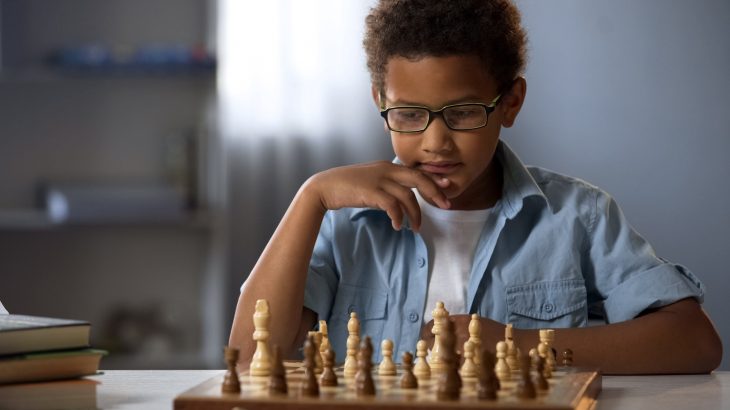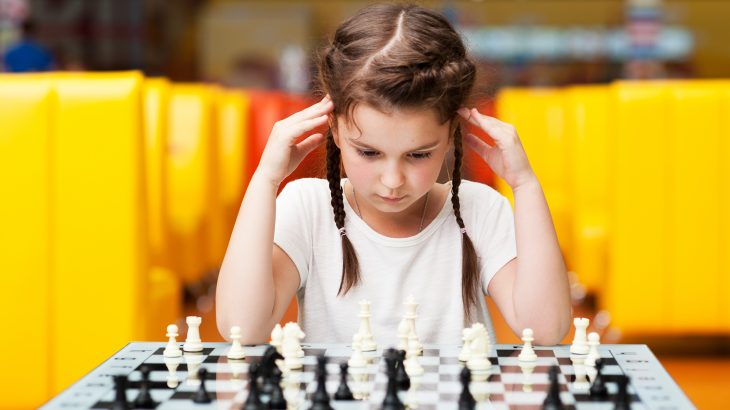A DTK Book Review: How We Learn, by Benedict Carey Learning to Study Benedict Carey’s book, How We Learn: The Surprising Truth About When, Where, and Why It Happens deserves a look by serious students and teachers. Students at all levels of education spend a lot of time in the classroom and the library. They […]
attention
5 Temperament Traits for Tutors
Why Temperament Awareness is Important for Tutors Often children who come for tutoring exhibit temperament traits that make classroom learning difficult. Tutors, because they work one-on-one, can adjust teaching style to temperament style. Thus, both learning and enjoyment increase. Activity Level Affects Classroom Learning High energy children need to move as they learn. This need […]
Tutoring Tips on Sensory Comfort

What does Sensory Comfort Mean? Sensory comfort refers to providing for student needs related to sounds, light, smells, textures, and tastes. Why Sensory Comfort is Important in a Tutoring Session Setting the stage for the best possible tutoring session involves helping the student become aware of his or her sensory environment. Sights or sounds that […]
Dyspraxia: Quick Tips for Tutors

What Does Dyspraxia Look Like? Dyspraxia comes from “praxis,” a Greek word describing the learned ability to plan and to carry out coordinated movements. Add “dys,” the Greek prefix meaning “bad,” and you get dyspraxia. It literally means bad sequential coordination. Dyspraxia looks like clumsiness, klutziness, and failure to think ahead. Recognizing Dyspraxia in Children […]
ADHD or ACCD? (Active, Creative, Curious, Distractible)?

Is ADHD a Child Problem or a School Problem? Children who don’t sit still and work quietly at school often earn labels such as ADD or ADHD. A few children really do peg the unnaturally active meter, but in most cases, I believe the sedentary, indoors school setting carries most of the blame. Many children […]
Cognitive Skills Training

Thinking Can Be Taught! Weak thinking skills may cause or add to a child’s school failure. It’s tempting to jump straight to the “problem” such as reading or math skills without looking for more foundational weaknesses. But, while teaching academic skills is often our first objective, we must also look for ways to strengthen the […]
Chess Improves Attention

Chess Improves Attention and Focus One way to improve attention and focus is to teach chess; research shows that learning chess raises testable IQ by an average of 15 points! It helps the student gain control of his or her own attention. Chess increases cognitive skills such as logic, working memory, problem-solving, and visual processing […]